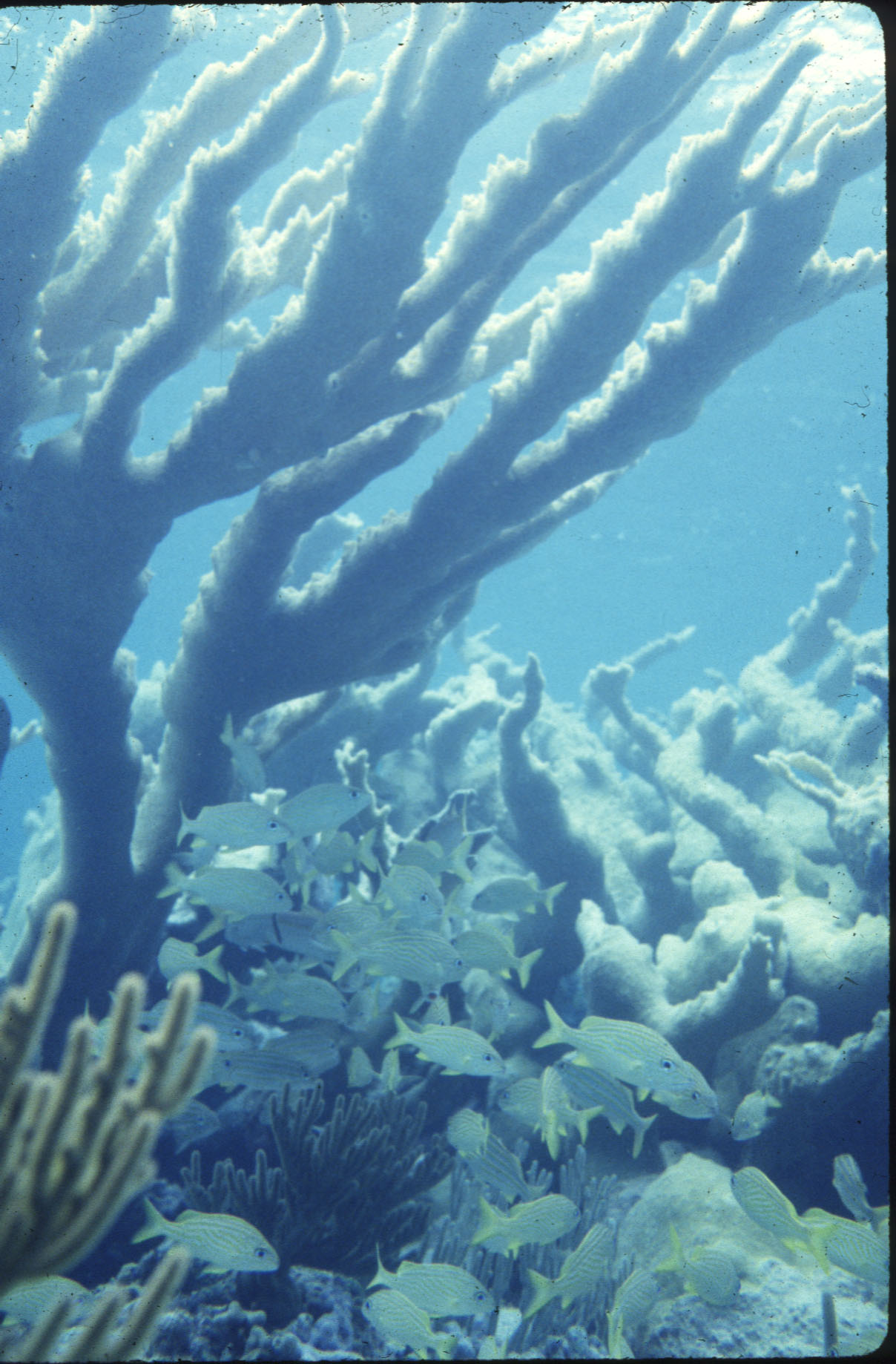Category: UncategorizedPage 4 of 5
We’re into red leaves. Why? Because often the red substances are anthocyanins. These colorful compounds can shield plants from the harmful effects of too much light, especially dangerous UV…
Plumbing systems operate on a razor’s edge, leaving forests vulnerable. This by Susan Milius in ScienceNews. “Trees in most forests, even wet ones, live perilously close to the limits of…
Ok, I’ll be honest. As plant biochemists we usually cheer for the guys in green (in this case, the seaweeds). But even we can make an exception when fleshy…
Our recent PLoS ONE paper, coauthored by Dickinson students Hannah Leahey, Chris Mealey, and Kelly Maers, passed the 1,500 download milestone this month. Not bad for a…
Well it has nothing to do with the oceans or plants but today’s article from Jane Lee (Science magazine) highlighted new research we find fascinating. She writes: “When…
Here’s an interesting recent study showing the hidden impact of high carbon dioxide levels, this time in office buildings and schools, on cognitive function. Elevated carbon dioxide…
The Stafford Greenhouse – solar panels up! Ready for classes and research this winter. What an upgrade from our 1961 lean-to hothouse. The Rector addition, right behind…our department…
On the second anniversary of UQ’s Centre for Marine Science Professor Carlos Duarte is giving a special seminar on the role seagrass meadows in mitigating the effects of climate change. Having…
A high CO2 world is likely to favor some marine macroalgae over others. Marguerite Koch and coworkers recently published a meta-analysis, Climate change and ocean acidification effects on…
Five of the Global Scholars presented their work yesterday at the annual international research symposium hosted by Dickinson’s Center for Global Study and Engagement. Christine, Nicole and Stephanie (not shown)…
On Monday, September 24 the Global Scholars Australia group will give their first research presentation during the Center for Global Study and Engagement’s annual study aborad research symposium. Come learn…
The new Stafford Greenhouse is under construction, with completion scheduled for November.
Our new manuscript, “Is polyphenol induction simply a result of altered carbon and nitrogen accumulation?,” has been accepted for publication in Plant Signaling & Behavior. This paper describes experiments…
New greenhouse, lab, and office facilities on the way…… Dickinson College has received a $1 million gift from alumni John ’59 and Inge Paul Stafford ’58 to fund…
For our continuing study of seagrass responses to high CO2 / low pH conditions we conducted fieldwork in Australia in 2012. Thanks to Dickinson College, NASA, and the…
It’s been a busy spring! First, while I was finishing up the Global Scholars Program in Australia one of our own was awarded departmental honors for her thesis…
New article published in New Phytologist. JA responses reconfigure the long-distance transport of carbon but not nitrogen in poplar. Heidi Appel, Tom Arnold, and Jack Schultz Phenolic substances…
Carbon transport in plants is on our minds lately: Schultz JC, HM Appel, Ferrieri A, Arnold TM (2013) Flexible resource allocation during plant defense response. Invited review. Front….
